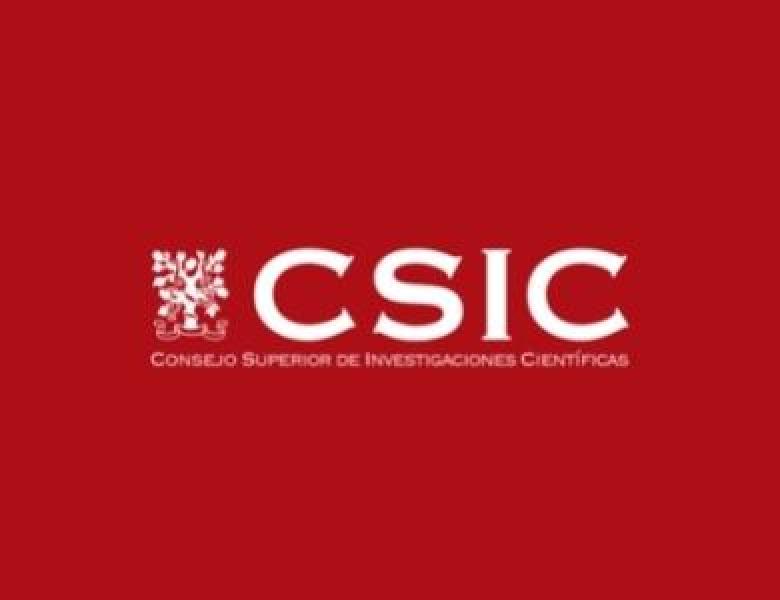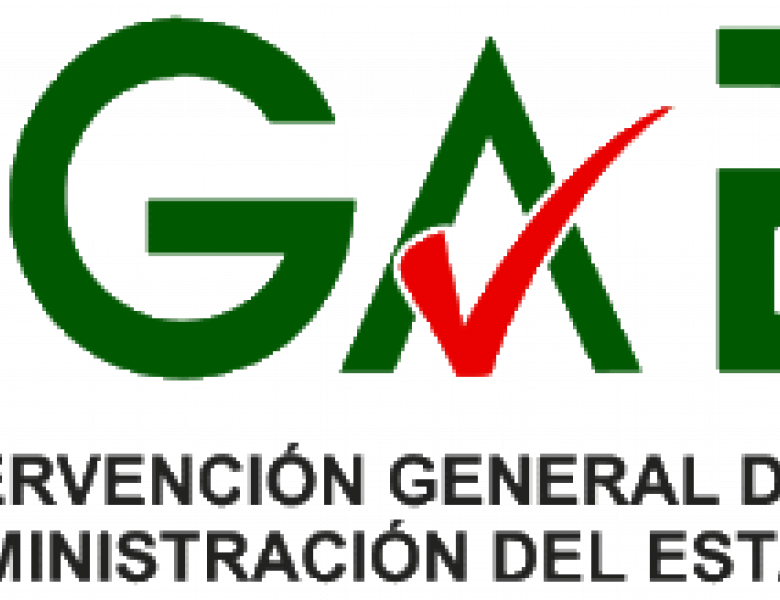Anti-fraud measures at IIM
In accordance with Royal Legislative Decree 5/2015, of October 30th, with regard to the consolidated text of the Basic Statute of Public Employees Act, below we detail the duties, ethical principles and conduct codes for public employees at the service of the IIM-CSIC.
These are some of the common measures and standards for public employees that will ensure transparency and openness in public transactions, such as biddings, purchases and other internal transactions, including contracts, project status and all other matters of public interest.
Public employees shall diligently perform the tasks assigned to them and watch over the general interest while ensuring observance of the Constitution and all other laws, always acting in accordance with the following principles: objectivity, integrity, neutrality, responsibility, impartiality, confidentiality, dedication to public service, transparency, exemplarity, austerity, accessibility, efficiency, honesty, cultural and environmental, and respect for equality between women and men, all of which are the basis for the Code of Conduct for public employees modulated by the ethical and conduct principles regulated in the following articles.
The principles and rules established in this chapter shall inform the interpretation and application of the disciplinary regime of public employees.
- Public employees shall respect the Constitution and all other regulations that configure the Spanish legal system.
- Their actions shall pursue the satisfaction of the general interests of citizens and will be based on objective considerations oriented towards impartiality and common interest, regardless of any other factor representing personal, family, corporate, client or any other positions that may collide with this principle.
- Their actions shall be adjusted to the principles of loyalty and good faith towards the Administration where they provide their services, as well as towards their superiors, colleagues, subordinates and citizens in general.
- Their conduct shall be based on respect for fundamental rights and public freedoms, avoiding any action that may produce any discrimination based on birth, racial or ethnic origin, gender, sex, sexual orientation, religion or convictions, opinion, disability, age or any other personal or social condition or circumstances.
- They shall avoid any matters or private activities which might pose a risk of conflicting interests with their public position.
- They shall not acquire economic obligations, nor intervene in financial operations, patrimonial obligations or legal transactions with persons or entities when it may imply a conflict of interest with the obligations of their public position.
- They shall not accept any preferential treatment or any situation that implies privilege or unjustified advantage from individuals or private entities.
- They shall act in accordance with the principles of effectiveness, economy and efficiency, and shall monitor the achievement of the general interest and the fulfillment of the objectives of the organization.
- They shall not influence the streamlining or resolution of administrative proceedings or procedures without a justified reason, and in no case when this entails a privilege for the public employee or their immediate family and social environment or when that action entitles a detriment on the interests of third parties.
- They shall diligently fulfill the tasks entrusted to them and shall resolve the procedures or files of their competence within deadline.
- They shall exercise their duties according to the principle of dedication to public service, refraining not only from any conduct contrary to it, but also from any other that compromises neutrality in the exercise of public services.
- They shall maintain the confidentiality of classified matters or others whose dissemination is legally prohibited and shall maintain the secrecy of any matters that come to their knowledge by virtue of their position, not being able to make use of the information obtained for their own benefit or that of third parties, or to the detriment of the public interest.
- Public employees shall treat citizens, other public employees and their superiors with care and respect.
- They shall perform their tasks diligently and comply with the established schedule.
- They shall obey the instructions of their superiors, unless they constitute a manifest violation of the law, in which case they shall immediately inform the corresponding inspection bodies.
- They shall inform the citizens about those matters or issues that they are in their right to know and facilitate the exercise of their rights through the fulfillment of their obligations
- They shall administer public resources with austerity, preserve them and never use them for their own benefit or for the benefit of people close to them.
- Any gift, favor or advantageous service offered to public employees, other than regular social and courtesy customs, shall be rejected.
- They shall guarantee the custody of documents for their transmission and delivery to the persons subsequently in charge of them.
- They shall ensure that their training and qualifications remain up to date.
- They shall observe the rules on occupational health and safety at work.
- They shall provide suggestions to their superiors or the competent bodies to improve the performance of the service to which they are assigned. Specific units shall be created to centralize the reception of suggestions by employees.
- They shall guarantee attention to the citizen in the language they request, as long as it is an official language in the territory.
The National Antifraud Coordination Service (SNCA), the unit dependent on the General State Intervention (IGAE) within the Ministry of Finance, has implemented specific measures to fight fraud based on recent fraud risk assessments. The SNCA is also in charge of coordinating actions that seek to protect the financial interests of the European Union against fraud in collaboration with the European Anti-Fraud Office (OLAF). To facilitate fraud detection, SNCA has created specific procedures and protocols to report any irregularities or suspected fraud, which can be reported by e-mail (fraude-ferder-sginn@ciencia.gob.es), and ensures complete confidentiality and investigation.
More information on transparency and general anti-fraud protocols are available here.



